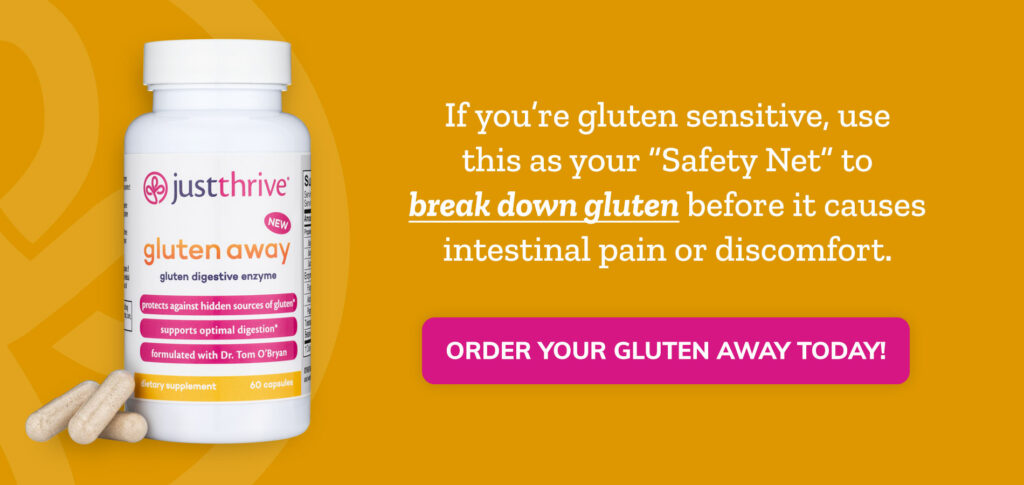Grains used to be the foundation of a healthy pyramid diet according to the U.S. Food and Drug Administration, but now they seem to be getting a lot of hate. Even the healthier whole grains are catching some flack.
The United States Department of Agriculture defines grains as, “Any food made from wheat, rice, oats, cornmeal, barley or other cereal grains.” Some examples are cereals, oatmeal and bread.
Grains come in two different forms: whole grain and processed grain. Whole grains contain all parts of the kernel, including the bran, endosperm and germ. Refined grains go through a process that removes the bran and the germ.
Grain refinement extends shelf life and improves texture of the grain, but it removes a ton of the nutritional value out of the grain, including fiber, B vitamins, antioxidants and healthy fats. Of course, that processed white bread may taste better, but all the good stuff has been removed.
Grains as a whole have been criticized for spiking insulin, which causes diabetes and obesity, and containing gluten, which makes it hard for humans to digest and can cause weight gain, or water retention. This could be because of another argument that humans did not originally consume grain when we were still living in caves.
People who say to eat your grains, whole grains that is, say that they have a ton of nutrients and fibers – research shows that diets high in whole grains reduce diabetes risk and cardiovascular disease and other research shows it helps you lose weight.
A lot of contradicting statements, but not a lot of evidence to back either one up, but let’s start breaking down the evidence that we do have available to us.
Gluten-free products have been a trend for a while now and of course gluten is mostly found in grains. Dr. Peter H.R. Green, director of the Celiac Disease Center at Columbia University, said that people just seem to perceive that gluten-free is healthier.
But that may not be the case unless they suffer from celiac disease. “Unless people are very careful, a gluten-free diet can lack vitamins, minerals and fiber,” Green told WebMD.
Whole grains have been shown to reduce the risk of heart disease and diabetes, which overtakes the insulin spikes. Again, that is with whole grains, not with that overly processed stuff.
Unfortunately, not a lot of solid research has concluded whether grains are good or bad. What you can do now if you’re feeling sluggish, is take grains out of your diet and see if you feel any better.
Best option for the rest of us is to eat a balanced diet of healthy whole grains with protein and vegetables. Let’s just not eat as much as the old food pyramid wanted us to.

